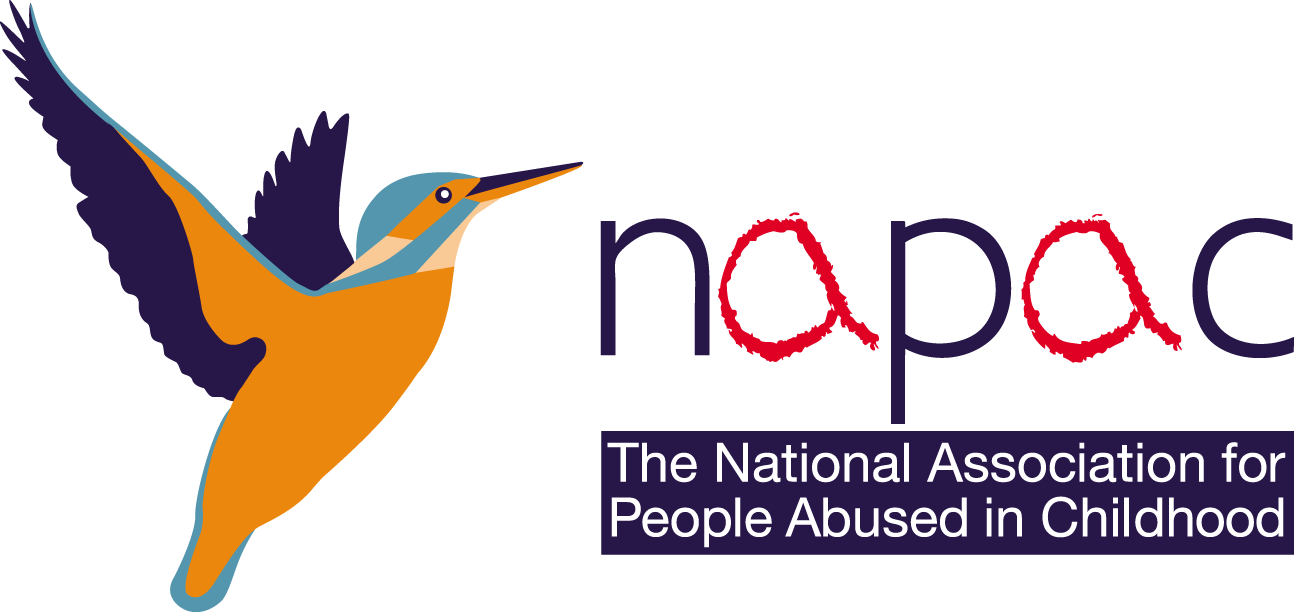
Last week, HMICFRS released its report into the Metropolitan Police Service’s handling of the sexual and criminal exploitation of children. This report concluded that that the Met’s current response is leaving vulnerable children at risk of exploitation.
Whilst the Inspectorate acknowledged that it had found evidence of good work to protect children, it also stated that the Met’s disturbing lack of understanding of the nature and scale of child sexual exploitation (CSE) is a significant barrier to the force being able to effectively address the problem.
In response to the publication of the report, here’s what our Chief Executive, Gabrielle Shaw had to say on how the Met can improve its approach to combatting the exploitation of children.
“UK policing is on a journey, and the Met needs to join that journey. Over the past five years, NAPAC has worked with a number of police forces to address and improve their approach to CSE and supporting survivors, with good results.
This isn’t new territory. An effective policing response to CSE requires systemic and cultural commitment at all levels of the Met. CSE isn’t something that any one organisation can tackle alone – it involves taking a holistic view, cooperation from specialist partners and top-down engagement with trauma-informed training.
One of the key concerns that that HMICFRS highlights is the presence of victim-blaming language amongst Met police officers and staff, and I want to address the importance of appropriate language. Intentional or not, we know at NAPAC from years of listening to and supporting survivors that if the initial interaction with the police is negative, and they feel in some way blamed for what happened to them, most survivors simply will not engage with the justice system again.
According to NAPAC’s data, on average it takes 22 years for a survivor to disclose once the abuse has stopped. If we can give them a better, more positive initial interaction with the authorities, more people will be able to disclose and start the recovery process sooner. Also, a child will not necessarily know or have the language to communicate the fact that they are being exploited, which is why it is also vital that Met police officers and staff understand what exploitation looks like and how it can manifest in a child’s behaviour.
Given the recommendations of the report, the next logical step for the Met has to be undertaking a widespread programme of specialist training, ensuring all staff are better educated in how trauma may present, and how to communicate appropriately with children who are being or have been exploited.”
